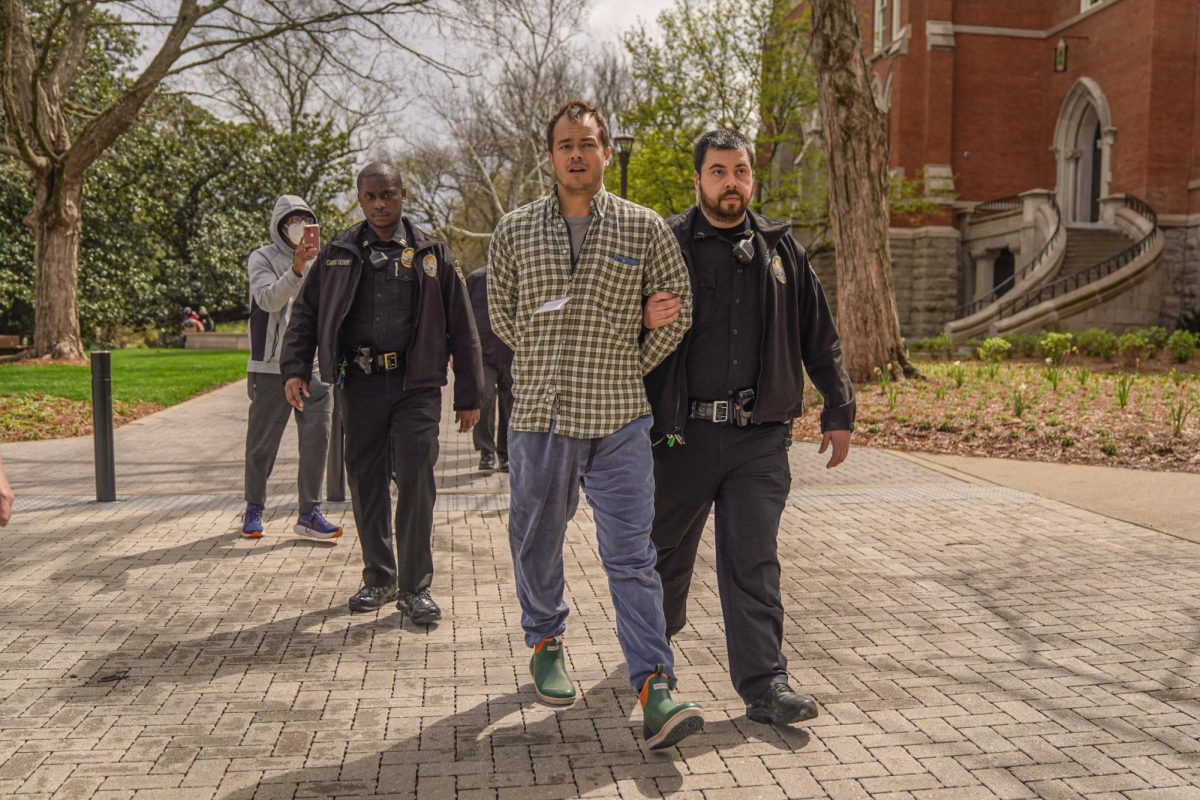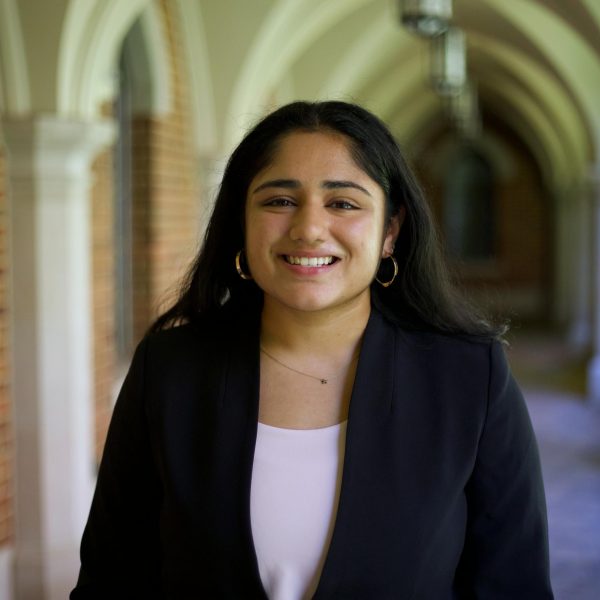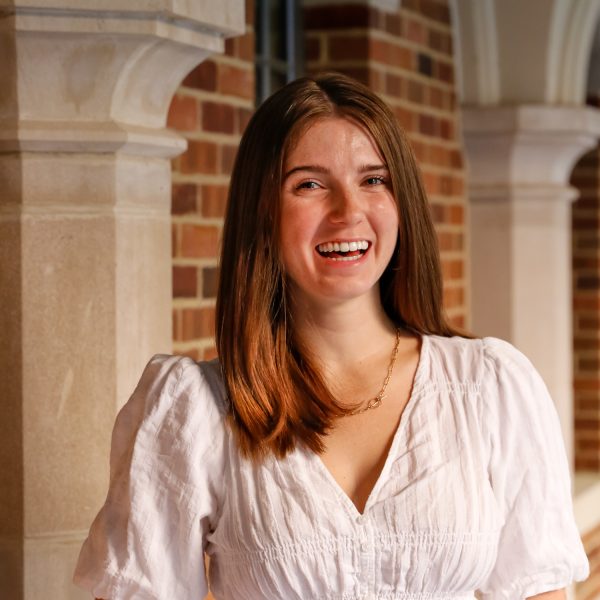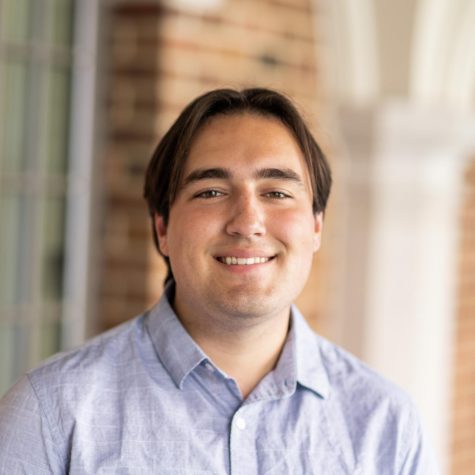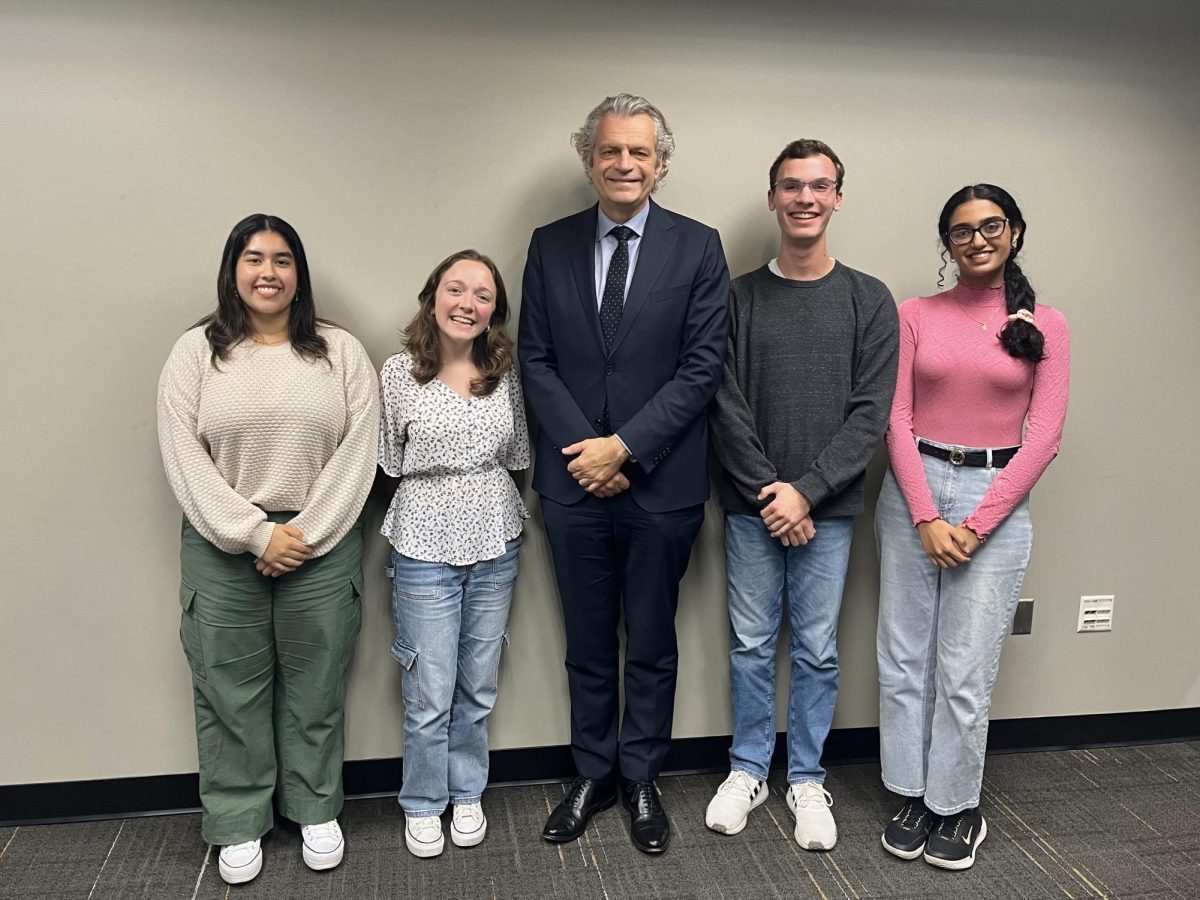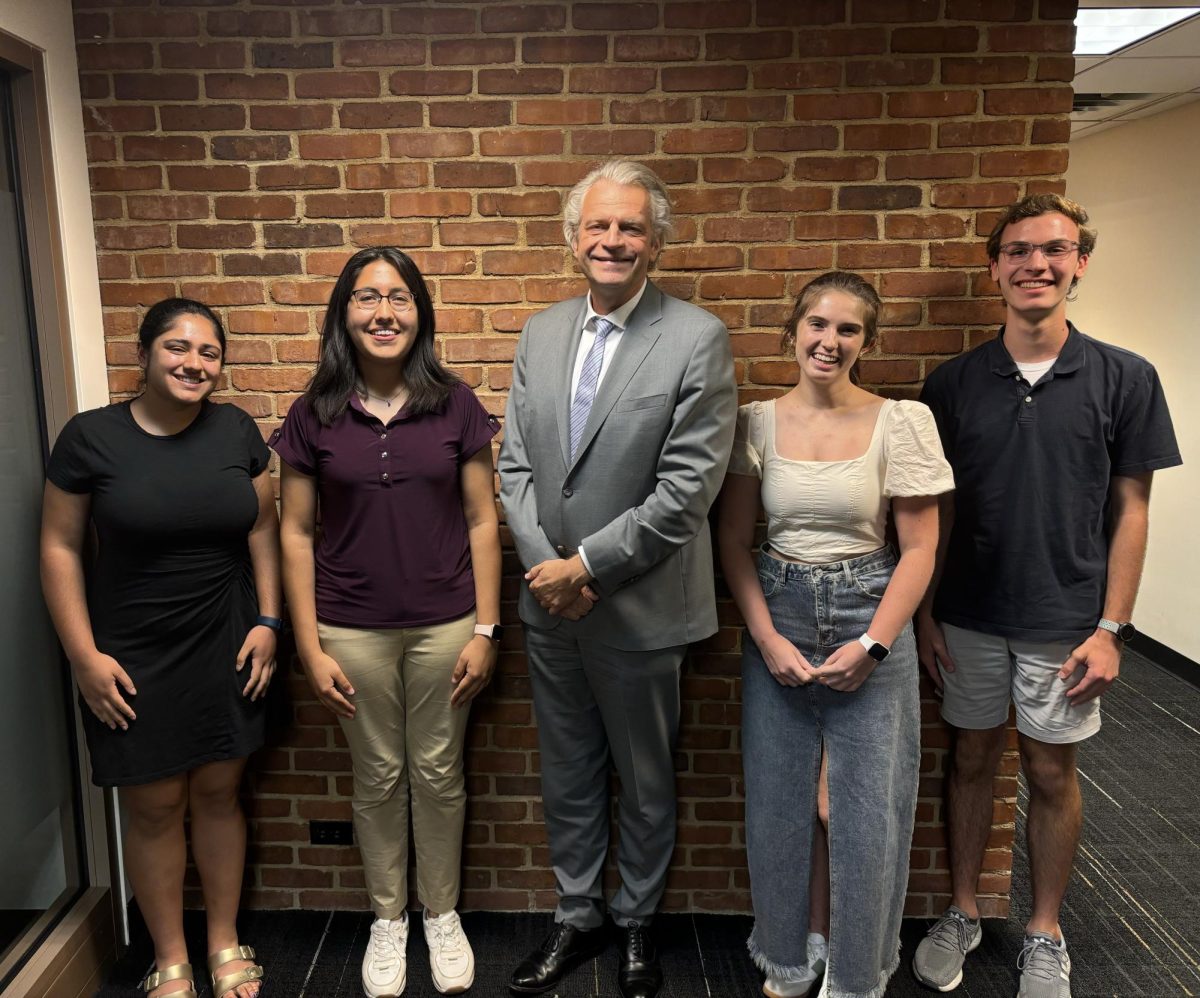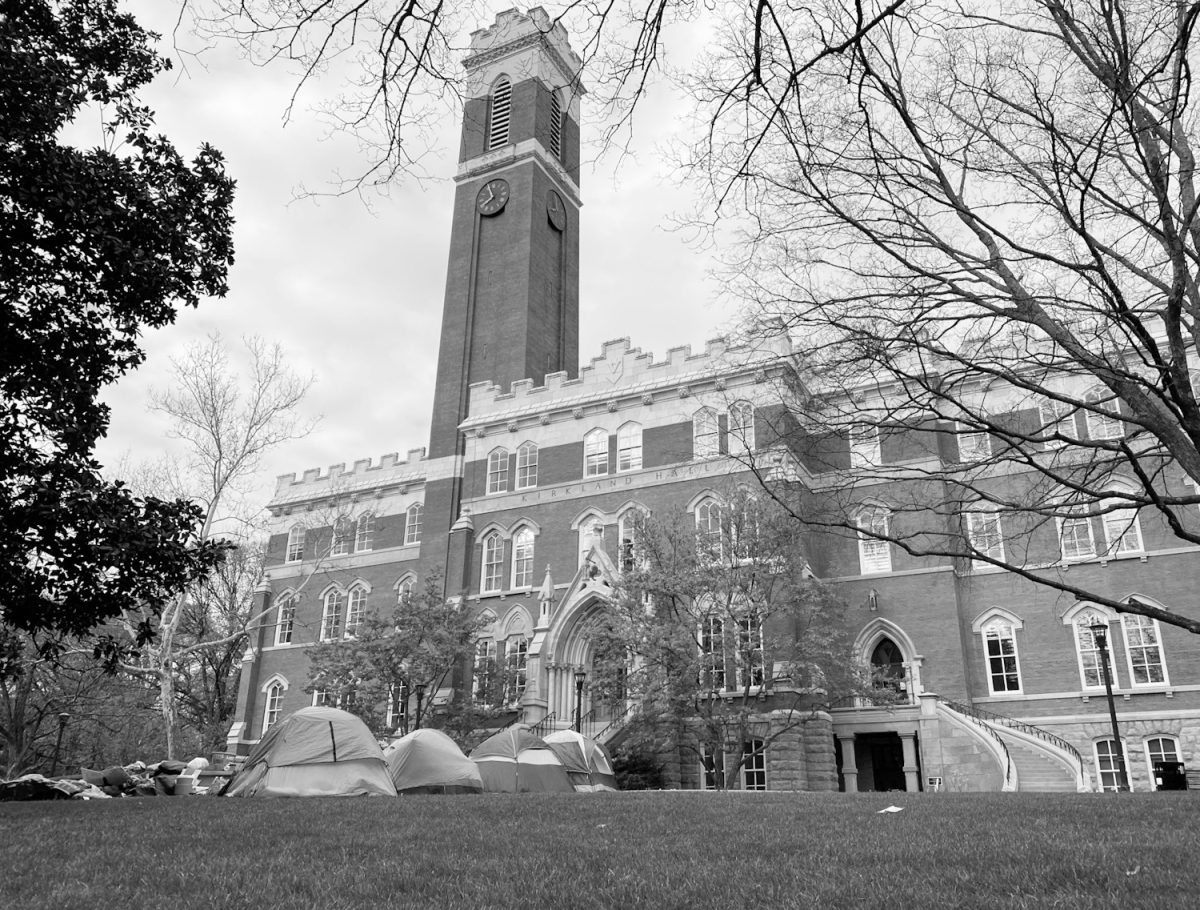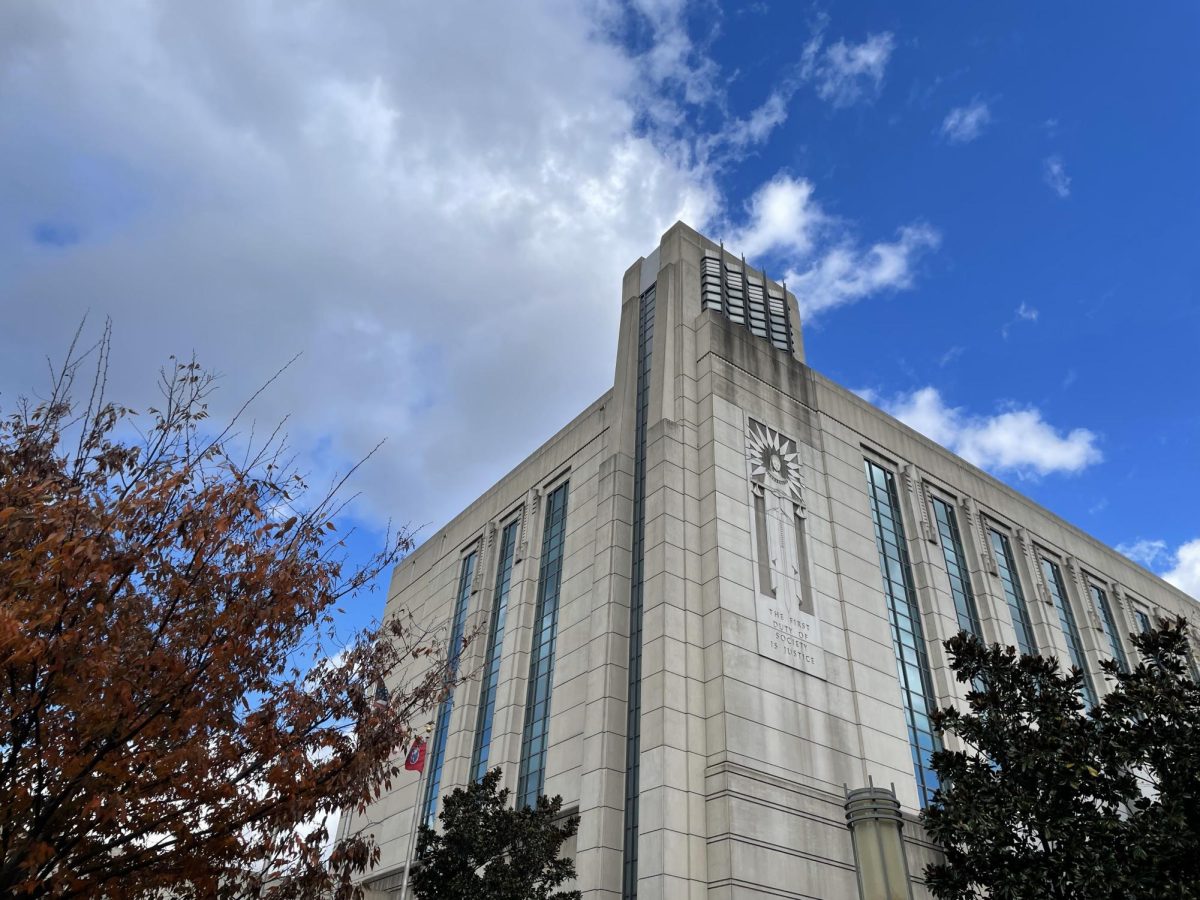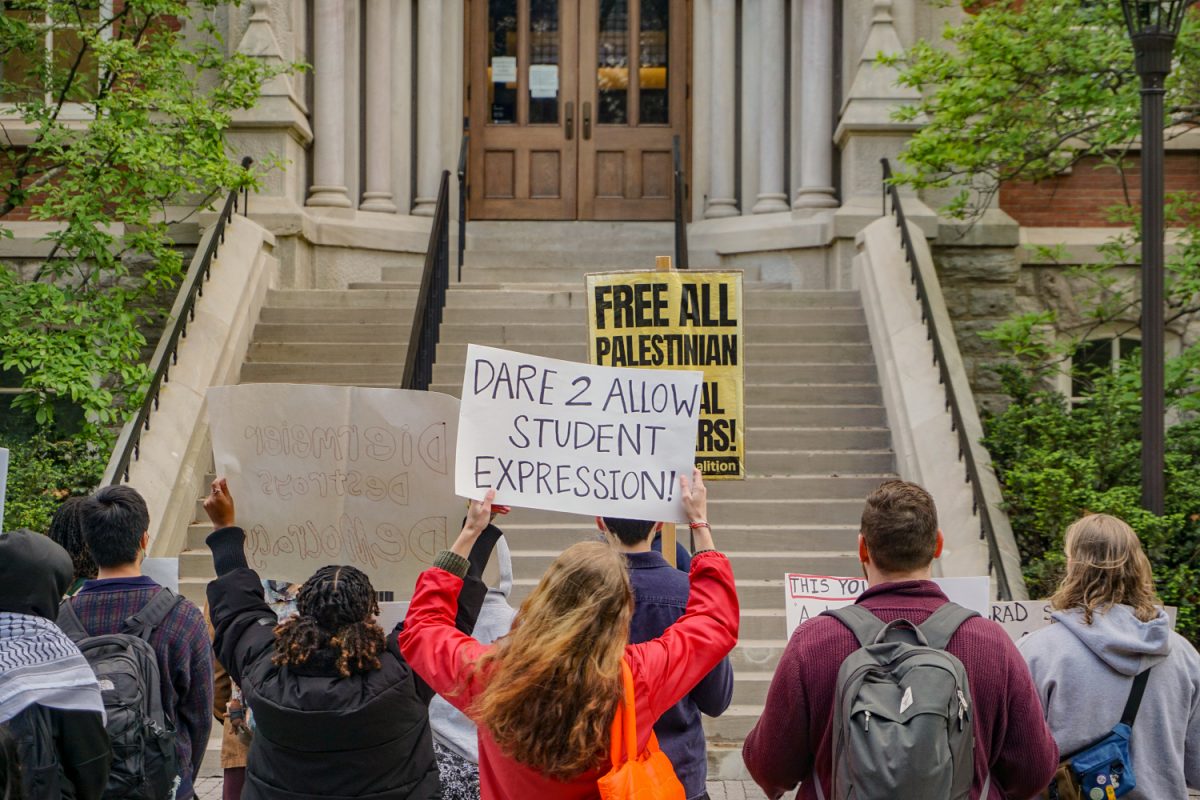The Hustler sat down with Chancellor Daniel Diermeier on June 4 to discuss the conclusions of an independent investigation into the Vanderbilt University Police Department’s March 26 arrest of Nashville Scene journalist Eli Motycka during a student sit-in protest at Kirkland Hall.
The investigation was led by alumnus Aubrey B. Harwell, Jr. (B.A. ’64, J.D. ’67) and concluded that Vanderbilt did not violate its commitment to free speech, expression and press because Motycka was arrested for his actions, not his role as a reporter.
The Hustler: What are your reactions to the recommendations made by the counsel in the report?
Diermeier: We were very pleased with the report. We thought it was very thorough and thoughtful and actionable. We’re planning to implement all the recommendations.
What are specific next steps that the administration will be taking in light of this report’s findings? You say implementing all of them, but is there a timeline or priorities?
Right now, we want to make sure that the report is accessible. We’re sharing it right now and having our conversation as part of that, so that people can have a look at that at the report themselves. There were a couple of things in the report that really stand out to me.
The reason we commissioned the report was that there were concerns over the arrest of Eli Motycka, so we wanted to make sure that we had a thorough assessment of what happened and whether what happened was consistent with our policies — and then whether we needed to improve our policies.
The report says very clearly that Mr. Motycka was not arrested because he was a reporter but because of his conduct [in] trying to get into the building. To me, that’s the most important finding of [the report]. Then there were some specific operational improvements that were suggested, such as posting the media access policy, which has been informal so far, and improving communications within Vanderbilt University Public Safety. Those are great recommendations.
It’s important to me that there was no intent to arrest the reporter. We just didn’t know that the people that [arrested him] didn’t know that. He was arrested because of his conduct, not an order to suppress any type of media reporting. That’s important to me because that’s consistent with our commitment to free expression.
Given the report’s findings, do you consider the arrest of the reporter to be a mistake?
Mistake is a hard call. People make decisions with limited information and so forth. The most important thing to me is: what do we do better? What we need to do better is people need to understand our media access policy. That needs to be clear. People need to understand how they can reach reporters and how they can reach our media access team — and then we need to have better communications.
As a university, we have this commitment to continuous improvement. The report is really an example of that. It’s not about finger-pointing — that’s not what we’re interested in. We’re interested in having an assessment and then we want to do better.
And back to [the previous] question — we’re gonna [implement recommendations] expeditiously. The moment [the report] is disseminated, people will have questions, and this is when university leadership also hears about this for the first time. People will put their heads together and make sure that the recommendations are implemented without delay.
How will Vanderbilt’s media policy apply to instances of breaking or timely news, where it’s difficult to contact communications preemptively or, in this case, where the reporter did preemptively contact them but didn’t receive a response?
There is a 24-hour number people can call. But it’s not, as far as I understand, on the website. We just need to make sure that people can reach us quickly when there’s breaking news. This is basically an operational problem that we just need to make sure we’re doing well.
One of the report’s earlier pages notes that counsel was specifically sought out to review Motycka’s arrest and media policies, but not the actions of the protesting students or the university’s response to those actions. So could you clarify how and why that decision was made and whether any further counsel is going to be sought out in the future?
This report was specifically intended to look at the arrest of the reporter. The reason why is that really created the most concern in the local community. [Concerns] were raised because there was a question saying ‘Vanderbilt, you have this commitment to free expression and now what is that [arrest of the press] all about?’ [It was] totally legitimate concern.
We wanted to make sure we got an independent voice on that by the leading expert on media and the law — that’s Aubrey Harwell. We were fortunate that we had such a national expert in Nashville, who was familiar with the local context, but also was available in order to do that. This is something we do when there is a specific concern, when it is a useful process to get an independent perspective in there. In this case, I really wanted to have somebody who was an expert at media free expression and the legal context. That’s really why we did the independent, third-party review.
The report states that Vanderbilt officials forewarned VUPD about students’ plans to enter Kirkland at least two days prior to the sit-in. How did university officials know about the students’ plans?
We just heard rumors. There was nothing more specific than that.
What are your longer-term plans for Vanderbilt’s commitment to free speech in light of the Board of Trust’s extension of your contract through 2035?
First of all, I’m delighted and grateful that the board decided to extend my contract. It’s wonderful to see their commitment and their support of what we’ve been doing over the last few years. The commitment to free expression — which has these three pillars [of] open forum, institutional neutrality and civil discourse — is foundational to who we are as university and has been for a very long time, at least since Alexander Heard. This was something that I, in my inauguration speech, wanted to reaffirm because I think it’s really something that’s distinctive about Vanderbilt and something that is essential for us as a university to accomplish. We’re going to be as committed to that moving forward as we have been in the last few years.
What is different is that the environment of higher education is changing, and a lot of these issues are now front and center. We were leaders on that; we have been ahead of formulating these principles very clearly and making them our guideline of how we make our decisions. Some universities are coming around now to this. The most high-profile case was probably Harvard’s report a couple of days ago, where they’re embracing institutional neutrality — they don’t call it that, but it’s basically the same thing — saying the university shouldn’t take positions on policies that are policy issues and are not the core function of the university, which is exactly what we’ve been arguing for two and a half years now. It’s great to see that more universities are adopting these principles that we have been championing for a while.
Circling back to this report, you’ve mentioned that you’re making it accessible to the community. What reaction do you think the community at Vanderbilt, in Nashville and even nationally is going to have to it? Do you foresee any pushback?
It’s always hard to predict how people will react to something. My sense from having conversations with people at the time is I think people will totally understand what the findings are. They will be reassured by our commitment to free speech and free expression. I would hope that they see that we’re serious about making that even better, and that we have a commitment about continuous improvement — but that our fundamental values were not compromised. The learnings here are more about improving processes and operations. That’s the message of the report, and I’m confident that people will see that, understand that and react accordingly. Will there be people that are critical anyway? Of course, that’s the nature of the game, and we’ll see how this plays out.
Is there anything else we didn’t ask about that you really want to emphasize to the public, based on the findings of this report or Vanderbilt’s commitment in general to free speech?
I think we covered the report in detail, but the one thing that I do want to share with you because it was important for the university community: I think we had a pretty great commencement. It was wonderful to see particularly for the Class of 2024, which has been through a lot, that they had a moment to celebrate as a community with their parents and so forth. I think this was a particularly meaningful and emotional moment for us as a university community and I was very, very grateful for everybody making this possible.
Editor’s Note: A university representative followed up on the interview with “this website, which has our 24/7 media contact information: https://news.vanderbilt.edu/resources/contact/.”

